China overtakes Russia as world’s biggest state hacker
Leading cybersecurity firms says Beijing’s motivation is commercial rather than political

A free daily email with the biggest news stories of the day – and the best features from TheWeek.com
You are now subscribed
Your newsletter sign-up was successful
China has overtaken Russia as the biggest state sponsor of cyber attacks against the West, one of the world’s largest cybersecurity firms has concluded.
Crowdstrike, which provides cybersecurity for half the world’s 20 biggest multinationals, says China is motivated primarily by a desire for commercial secrets rather than political objectives, and is now ahead of Russia as the most prolific nation-state mounting attacks on firms, universities, government departments, think tanks and NGOs.
Analysis of thousands of cyber attacks this year has revealed more than a third were targeted at technology companies, specifically biotech firms, with pharmaceutical, defence, mining and transport businesses also hit.
The Week
Escape your echo chamber. Get the facts behind the news, plus analysis from multiple perspectives.

Sign up for The Week's Free Newsletters
From our morning news briefing to a weekly Good News Newsletter, get the best of The Week delivered directly to your inbox.
From our morning news briefing to a weekly Good News Newsletter, get the best of The Week delivered directly to your inbox.
The bulk of the 116 “advisory” groups identified by Crowdstrike are Chinese, followed by Russia with ten, Iran with eight, North Korea with five and small number of others connected to Pakistan, India and some other middle east governments.
The Daily Telegraph says China has become “a bigger threat” after a reorganisation of the People’s Liberation Army (PLA) put hacking in the hands of contract firms, “effectively privatising operations”.
Free of previous Chinese state bureaucracy, they are run by computer science experts with extensive links into hacking forums and groups, says Crowdstrike.
Last month, the Pentagon unveiled its first cybersecurity strategy under the Trump administration, saying that America faces “an urgent and unacceptable risk” from “malicious cyber activities”.
A free daily email with the biggest news stories of the day – and the best features from TheWeek.com
A summary of the strategy obtained by Fox News said the US has been “engaged in a long-term strategic competition with China and Russia”.
Claims by the White House that China is meddling in the midterms “do not ring true to experts and cybersecurity firms that have long tracked Beijing’s digital espionage operations and propaganda campaigns”, reports Politico.
The US news site did stress, however, that “plenty of evidence exists, of course, that Chinese hackers have infiltrated US businesses and international human rights groups and are continuing to carry out operations to steal American intellectual property”.
While China and Russia dominate discussion around state-sponsored hacking, Scott Jones, the new head of the Canadian Centre for Cyber Security, has warned there are many more countries prepared to take advantage of cyber as a tool both to steal secrets and to manipulate societies that would have been out of reach just years ago.
“Cyber tools aren’t just within the range of one or two,” Jones told Global News. “It’s within the range of 100 countries. It is a very cheap way to come and do some of the things like mass manipulation of information.”
Highlighting the damage a well-coordinated targeted attack could inflict, the US Director of National Intelligence Dan Coats said recently he was concerned about the possibility of a “cyber 9/11”.
“Let's say you shut down Wall Street for a week. What does that do to the world's markets and people's investments?” Coats asked at the Aspen Security Forum. “What about an attack on the electric grid in New England in January, that's sophisticated to take it out for three days. How many people will die?”
-
 Quiz of The Week: 14 – 20 February
Quiz of The Week: 14 – 20 FebruaryQuiz Have you been paying attention to The Week’s news?
-
 The Week Unwrapped: Do the Freemasons have too much sway in the police force?
The Week Unwrapped: Do the Freemasons have too much sway in the police force?Podcast Plus, what does the growing popularity of prediction markets mean for the future? And why are UK film and TV workers struggling?
-
 Properties of the week: pretty thatched cottages
Properties of the week: pretty thatched cottagesThe Week Recommends Featuring homes in West Sussex, Dorset and Suffolk
-
 How will the MoD's new cyber command unit work?
How will the MoD's new cyber command unit work?Today's Big Question Defence secretary outlines plans to combat 'intensifying' threat of cyberattacks from hostile states such as Russia
-
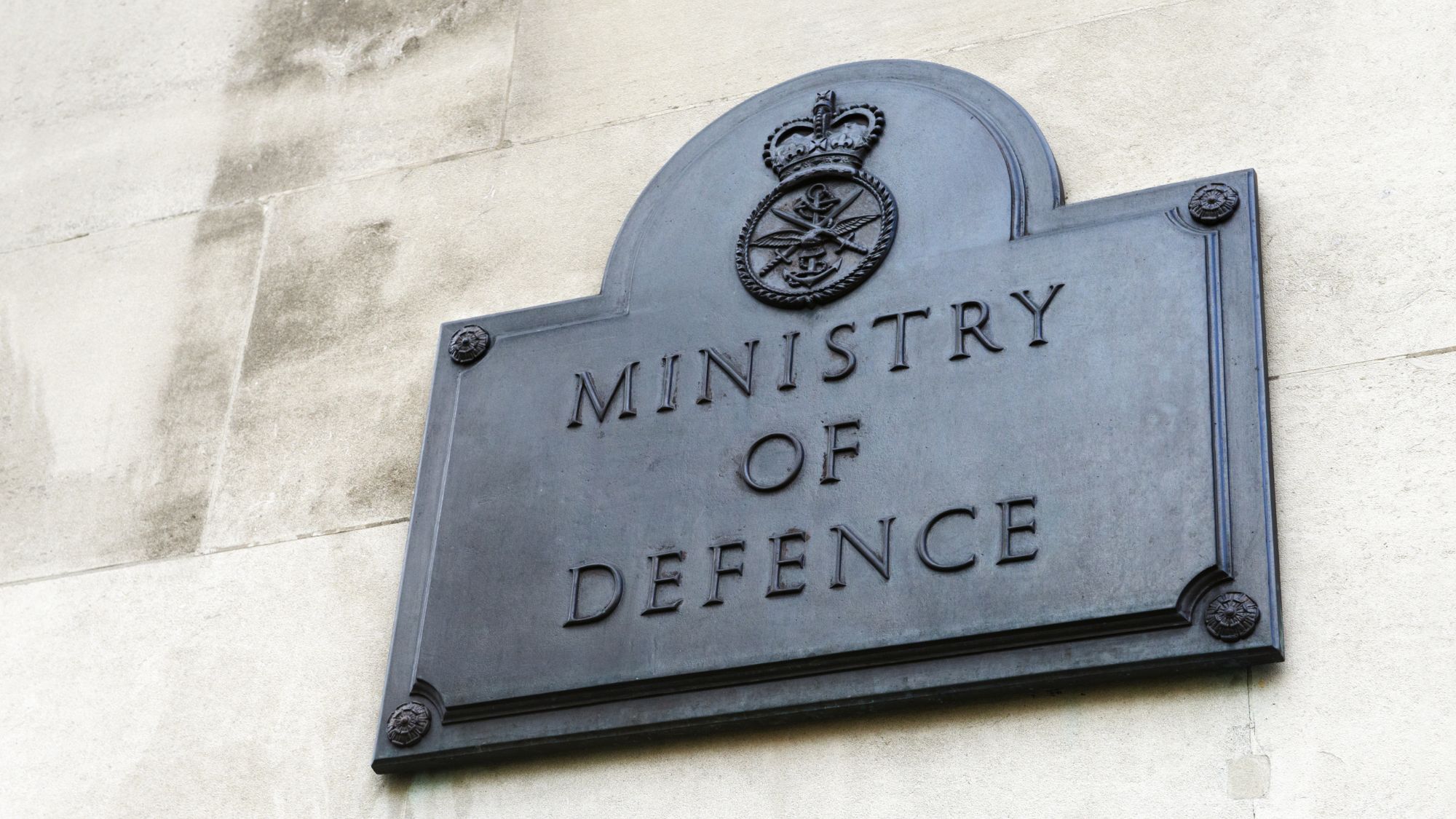 British Armed Forces personnel details 'hacked by China'
British Armed Forces personnel details 'hacked by China'Speed Read The Ministry of Defence became aware of the breach 'several days ago'
-
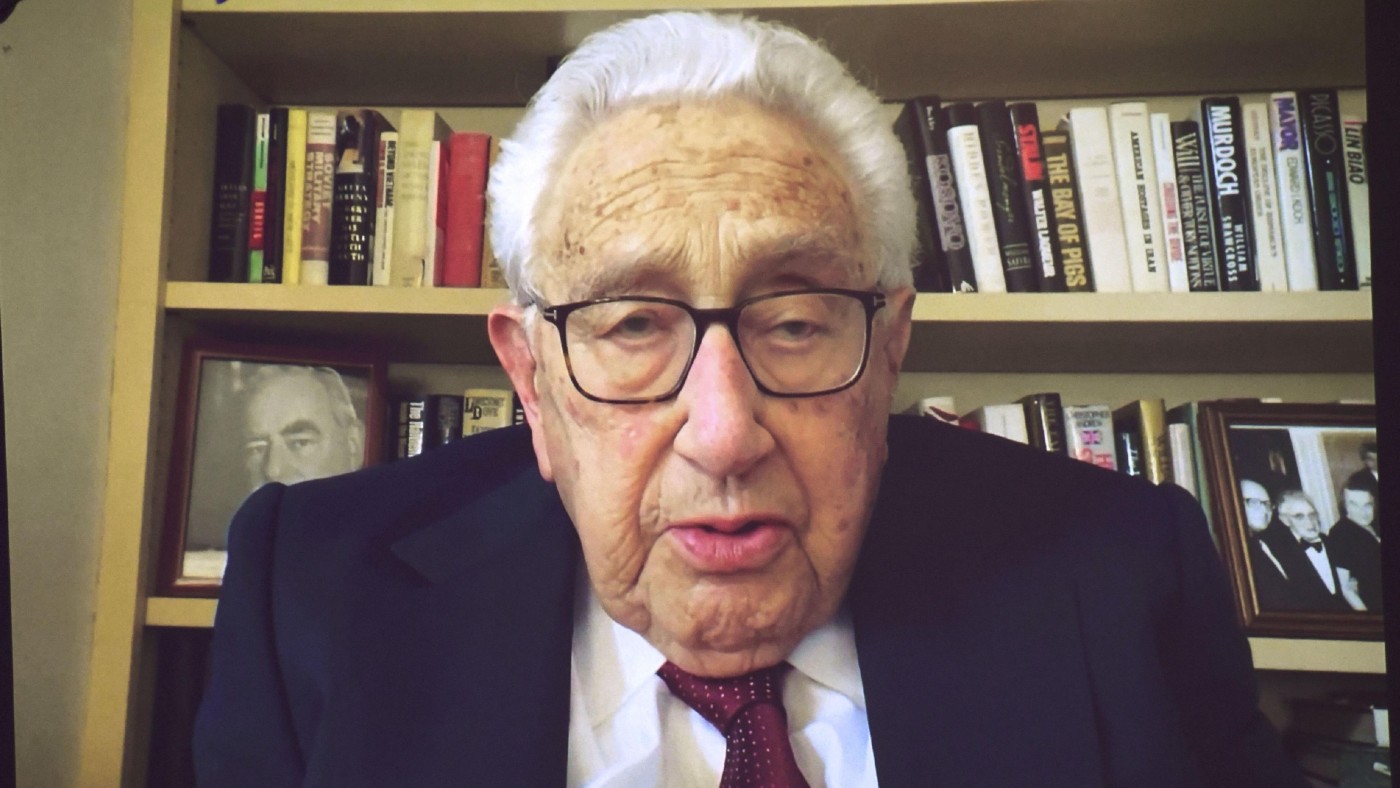 Is Henry Kissinger right about Ukraine?
Is Henry Kissinger right about Ukraine?Speed Read The US statesman made a controversial speech at a virtual Davos appearance last week
-
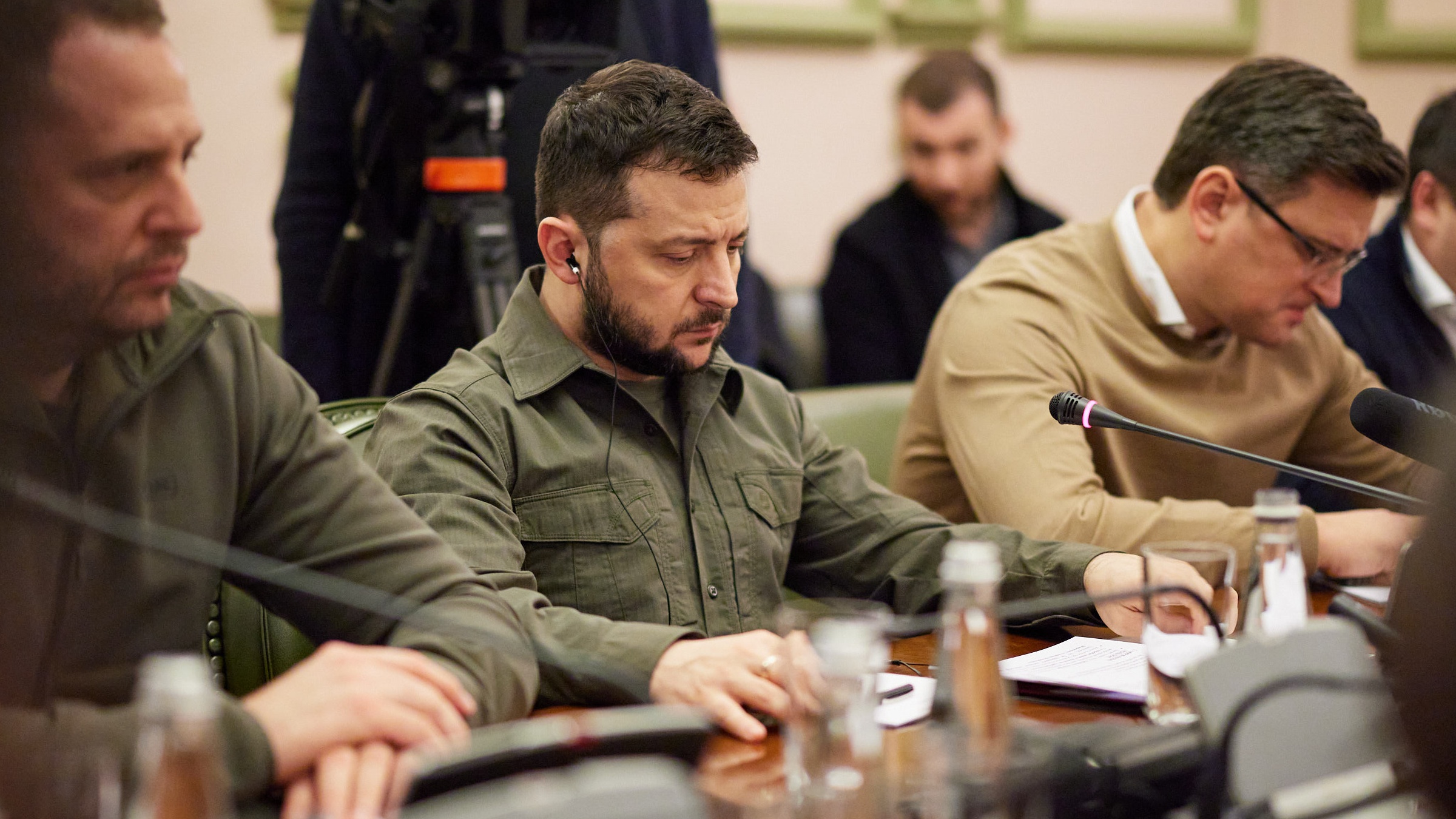 Volodymyr Zelenskyy refused evacuation as Russian hitmen ‘parachuted’ into Kyiv
Volodymyr Zelenskyy refused evacuation as Russian hitmen ‘parachuted’ into KyivSpeed Read Ukrainian president turned down opportunity to leave capital despite threat to life, adviser claims
-
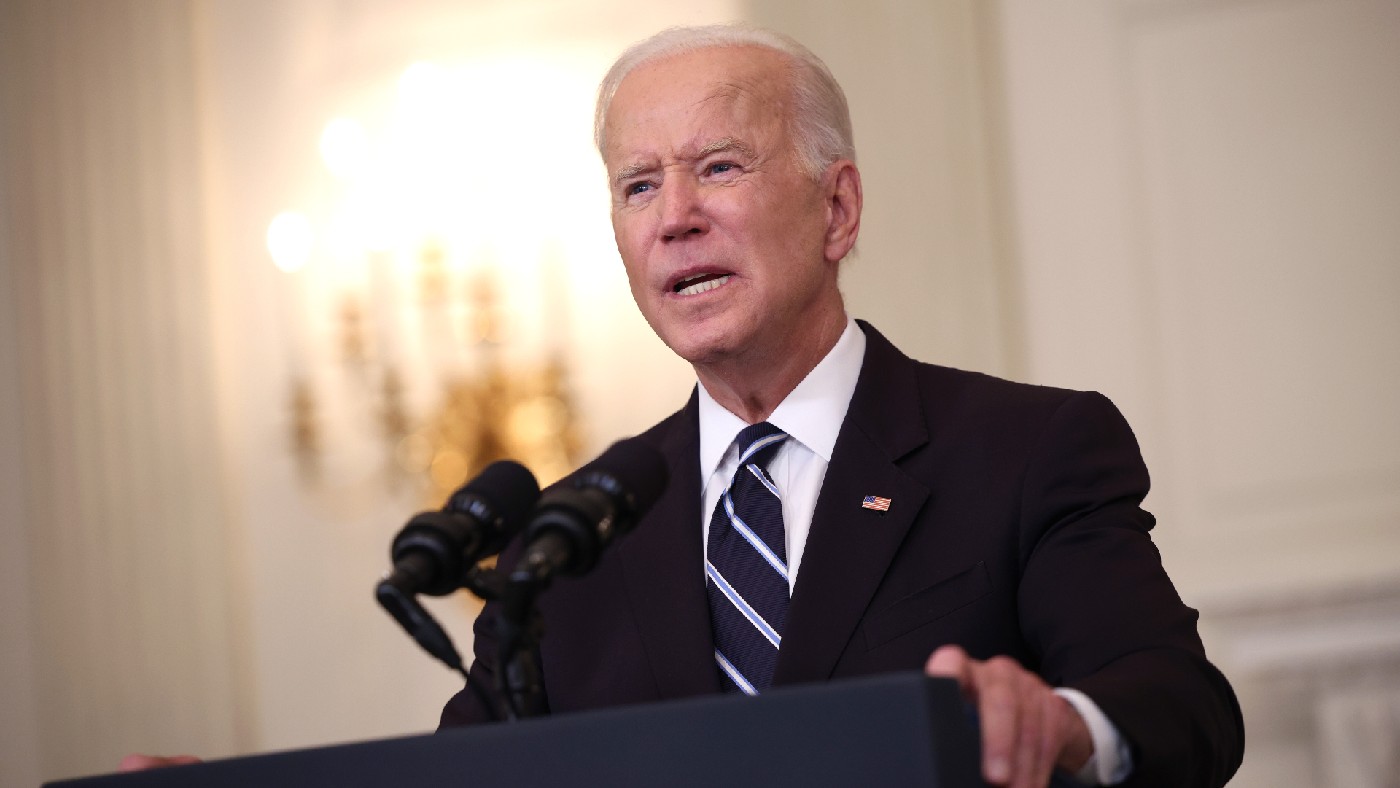 America’s withdrawal from Afghanistan: a retreat into isolationism?
America’s withdrawal from Afghanistan: a retreat into isolationism?Speed Read ‘In his selfish unilateralism’, Biden is no better than Trump, said The Daily Telegraph
-
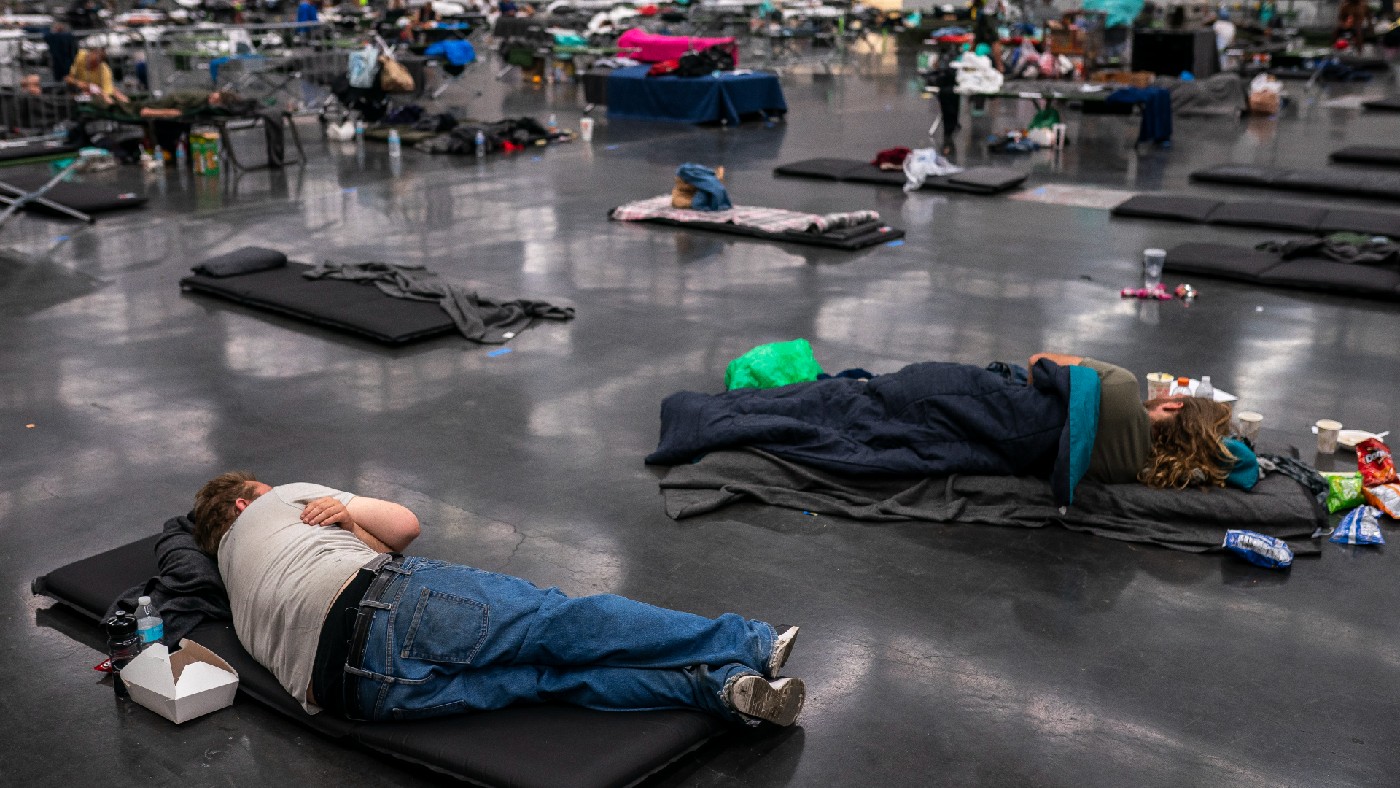 The ‘heat dome’: blistering temperatures in the Pacific Northwest should act as a wake-up call
The ‘heat dome’: blistering temperatures in the Pacific Northwest should act as a wake-up callSpeed Read People are used to hearing of record-high temperatures in desert states such as Nevada or Arizona, but not in verdant Washington and Oregon
-
 Royal Marines ready to ‘disrupt and confuse’ enemies
Royal Marines ready to ‘disrupt and confuse’ enemiesSpeed Read Military chief says operating in area between peace and war could prevent all-out conflict
-
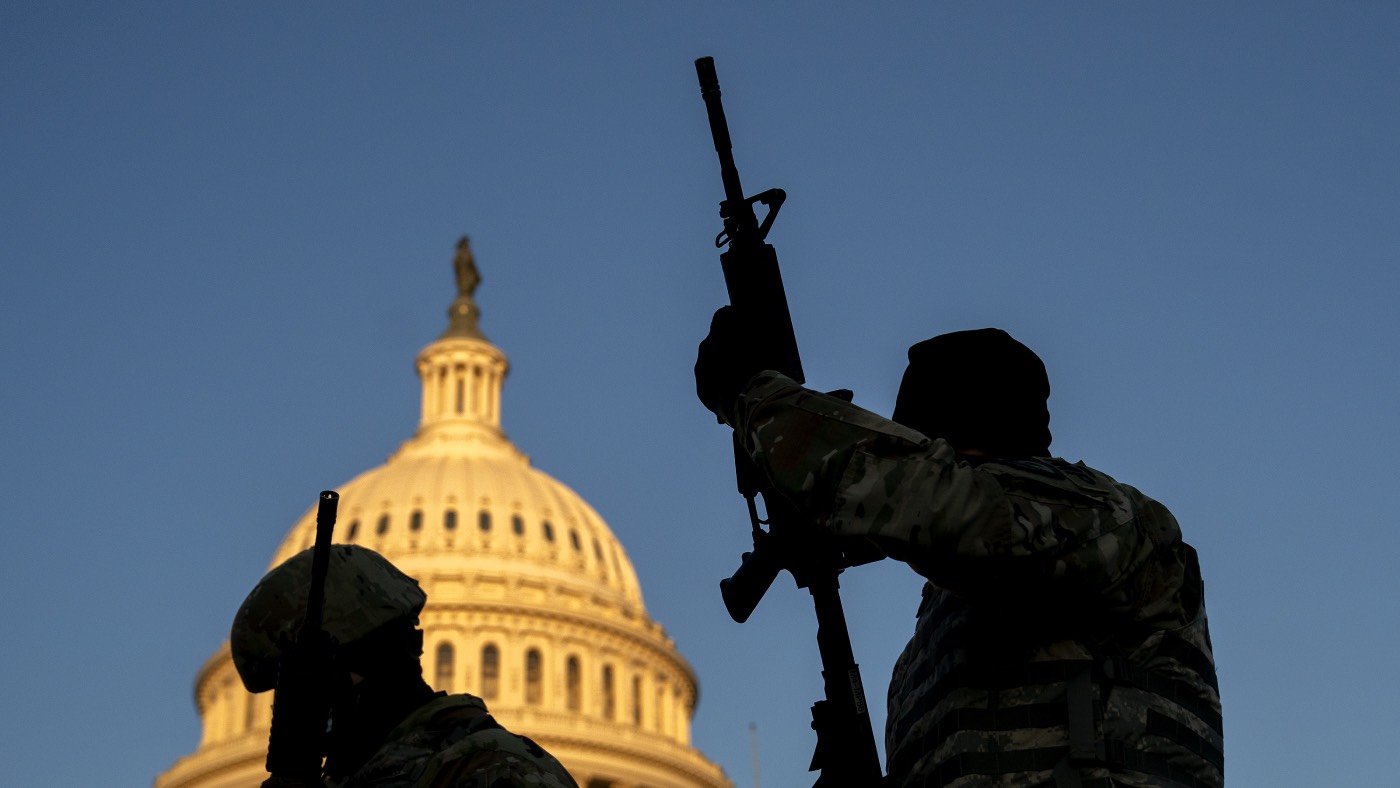 US Secret Service screening inauguration troops for riot sympathisers
US Secret Service screening inauguration troops for riot sympathisersSpeed Read National Guard members under investigation as mob member claims GOP lawmakers aided Capitol siege